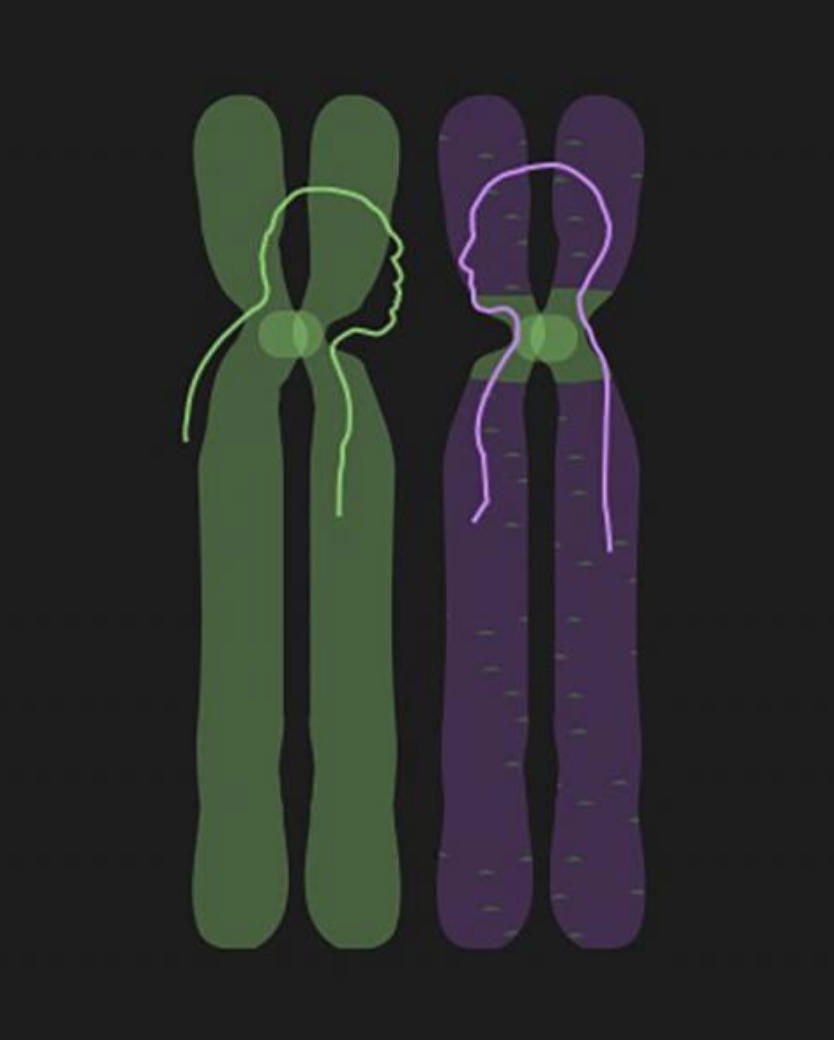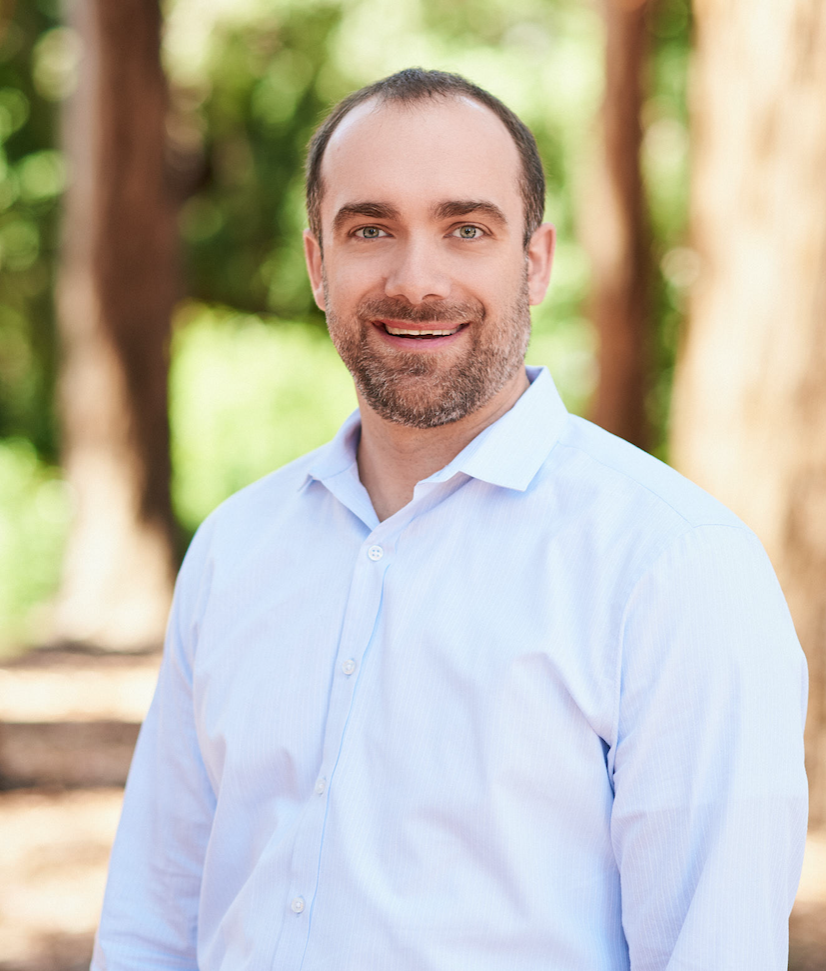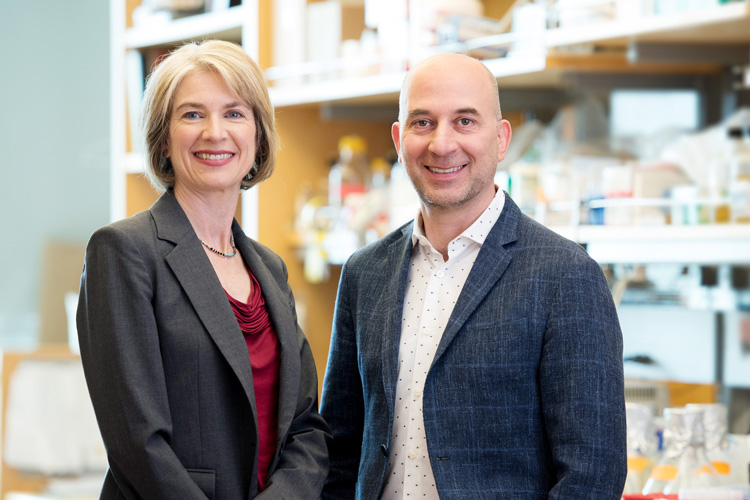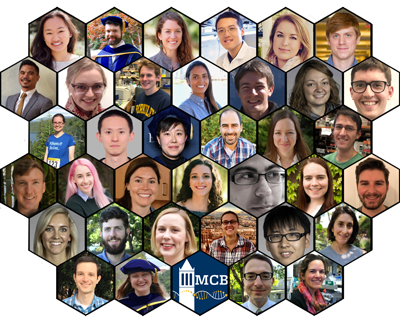 Please join us in celebrating the accomplishments of our most recent PhD graduates and welcoming them as important members of the MCB alumni community!
Please join us in celebrating the accomplishments of our most recent PhD graduates and welcoming them as important members of the MCB alumni community!
Department News
Below are articles from various sources about members of MCB and their research.
A new study co-authored by MCB Professor Gary Karpen describes how the human DNA in centromeres, the central areas of chromosomes, has survived largely unchanged for hundreds of thousands of years.
Because they do not participate in the “crossover” process that occurs when cells divide to form sperm or eggs, centromeres may preserve very ancient stretches of DNA. The researchers found that some DNA at our centromeres may have originated in populations of Neanderthals and ancestral hominids from before modern humans migrated out of Africa.
This research may also provide a way of better understanding the functional importance of chromosomal crossover in sexually-reproducing organisms.
 Congratulations to MCB Associate Professor Hillel Adesnik, and MCB Assistant Professors Gloria Brar and Stephen Brohawn on being named 2019 Rose Hills Innovators!
Congratulations to MCB Associate Professor Hillel Adesnik, and MCB Assistant Professors Gloria Brar and Stephen Brohawn on being named 2019 Rose Hills Innovators!
The program, launched in 2014 and established with generous support from The Rose Hills Foundation, supports distinguished early-career faculty in the STEM fields.
A new study co-authored by MCB, Chemistry & NST Associate Professor Dan Nomura investigates how nimbolide, a natural product derived from the neem tree, may function in impairing cancer pathogenicity.
“We discover here that nimbolide not only impairs cancer pathogenicity through stabilizing tumor suppressors, but that we can exploit nimbolide to also degrade and eliminate other cancer-causing proteins in cells for cancer therapy,” said Nomura.
Congratulations to MCB Assistant Professor Michel Dupage, who was named a 2019 Pew-Stewart Scholar for Cancer Research! This prestigious honor for early-career researchers from Pew Research Center comes with multiyear research funding aimed at advancing human health.
The pharmaceutical company GlaxoSmithKline (GSK) has announced a five-year collaboration with UC Berkeley and UCSF to establish the Laboratory for Genomics Research (LGR), where state-of-the-art CRISPR techniques will be used to advance the genomic research and rapidly accelerate new drug development.
“LGR is about building that space where creative science is partnered with the development of robust technology that will help develop tomorrow’s drugs. I think we’re going to be able to do science that none of us can even imagine today," said MCB & Chemistry Professor Jennifer Doudna, who will be a member of the LGR's steering committee.
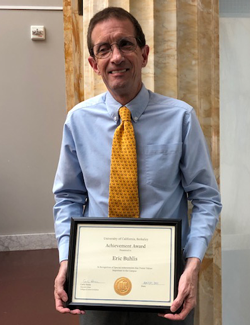 Congratulations to MCB Graduate Student Financial Specialist Eric Buhlis, recipient of a Staff Achievement Award from the UC Berkeley College of Letters & Science!
Congratulations to MCB Graduate Student Financial Specialist Eric Buhlis, recipient of a Staff Achievement Award from the UC Berkeley College of Letters & Science!
Eric was recognized for setting the gold standard for helping graduate students navigate their often-complicated funding information, thus enabling those students to better plan financially. He is an exemplary employee and team player whose dedication to MCB deserves the highest praise.
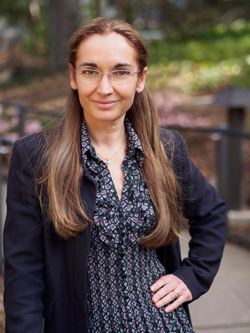 Congratulations to MCB Professor Eva Nogales for being elected an Associate Member of EMBO!
Congratulations to MCB Professor Eva Nogales for being elected an Associate Member of EMBO!
EMBO is an organization of more than 1800 leading researchers that promote excellence in the life sciences in Europe and beyond.

This summer marks the first anniversary of Inclusive MCB+ (iMCB+), a mentoring and community-building program that advocates for graduate students in the Molecular and Cell Biology (MCB) Department as well as the Biophysics and Neuroscience programs (+) on campus. During the Spring 2019 semester, founder Lisa Eshun-Wilson and director Michelle Reid, both MCB graduate students, aimed to improve upon and grow the program after its successful pilot year.

As part of the MCB commencement ceremonies last week, the 2019 MCB Commencement Honors were presented. We are pleased to announce the recipients here and we congratulate the awardees!
